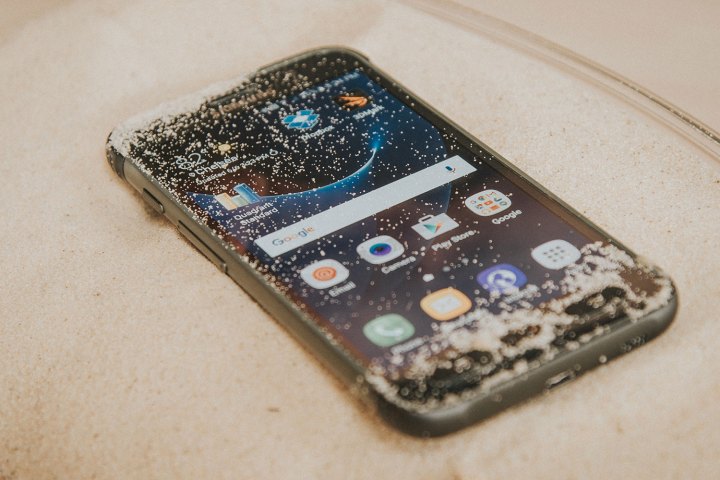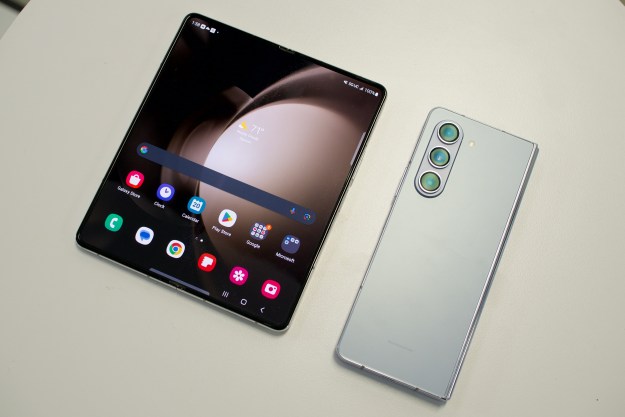
The idea is for criminal investigators to use the evidence gathered to flesh out the lifestyle section in a profile. Biochemists and scientists at the University of California wrote about the potential of such trace evidence in the Proceedings of the National Academy of Sciences, after conducting a study where swabs were taken of people’s hands and phones, and the results analyzed.
Matching the samples from both a person’s hands and their phone illustrated the accuracy of the tests, which is referred to as “significant,” in the paper, with the rear of a phone producing a higher degree of accuracy than the front. After gathering the all the molecular data, running the findings through a mass spectrometer, and matching compounds with a database; the scientists discovered plenty of fascinating details about the phone’s owner.
What information was given up about the owners by their grimy phones and hands? Their choice of antidepressant, which ones liked citrus fruits, the one using a hair regrowth treatment, and who needed an anti-fungal medication. Certain compounds could be used to narrow down the preferred choice of cosmetic brand, if they’d sprayed on a mosquito repellant, or had been smoking, or drinking a caffeinated drink. Some of these molecules stayed on the phones for months, and could give clues to long-term lifestyle preferences. The results were verified with those participating in the study.
New technology
However, while the chemical data collected can reveal plenty about a person’s lifestyle, the technology and research involved in getting to that stage is still very new. The databases used to identify molecules aren’t large enough or clever enough to do the matching either, meaning the scientists needed to confirm findings with the study group, something that wouldn’t be possible in a criminal investigation.
This is ultimately the goal of the research, according to its authors: To prompt the creation of a database of molecules and link them to lifestyles and other clues to a person’s personality, gender, and preferences. Such a tool may help forensic investigators track suspects, or even measure the environmental impact of chemicals or pollutants. The data will probably never be used in a courtroom, according to a law professor talking to the New York Times, who said it’s unlikely to meet the high standards needed for admission.
Even if it can’t be used in court, the information gathered from the outside of your phone may one day be equally as revealing, in a different way, to the photo gallery, contacts, and messages stored inside.



